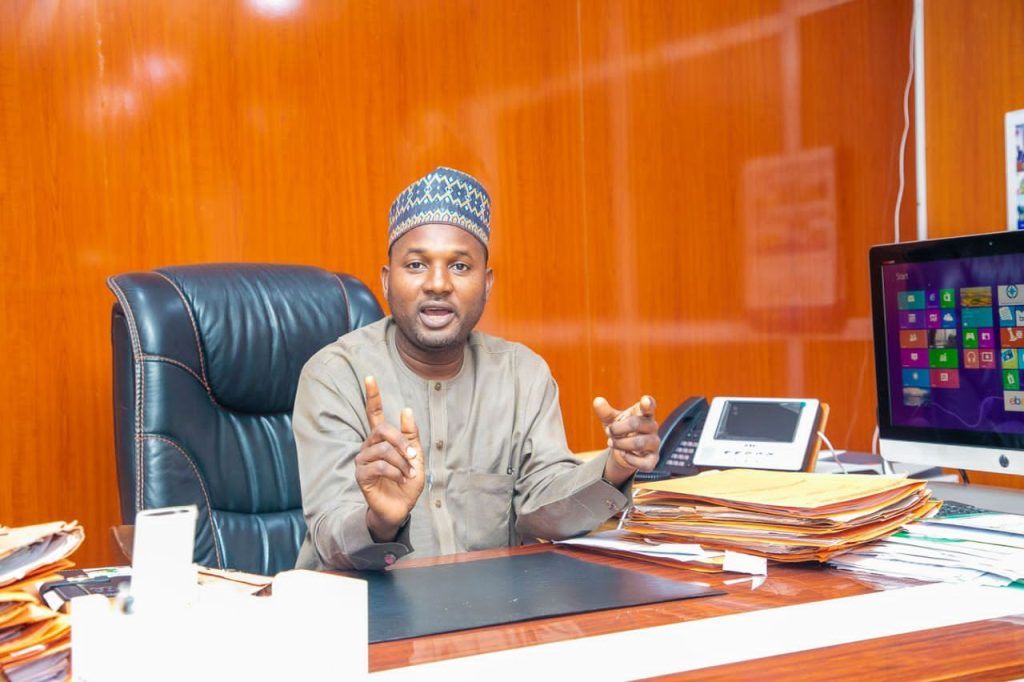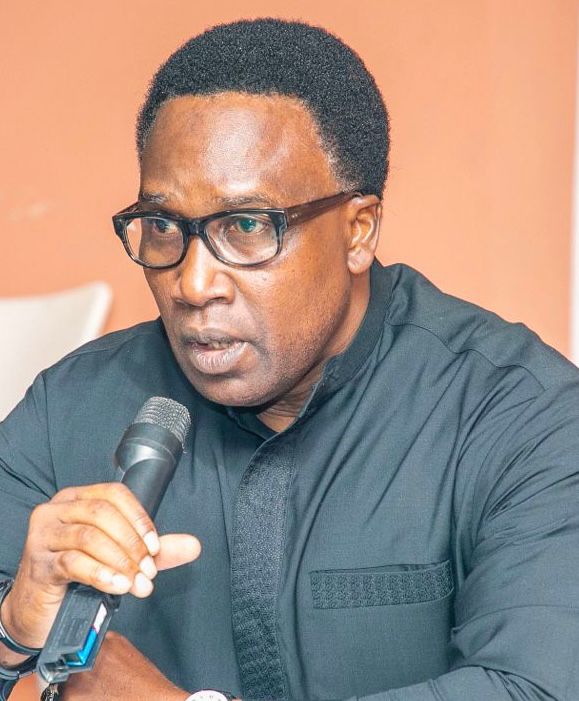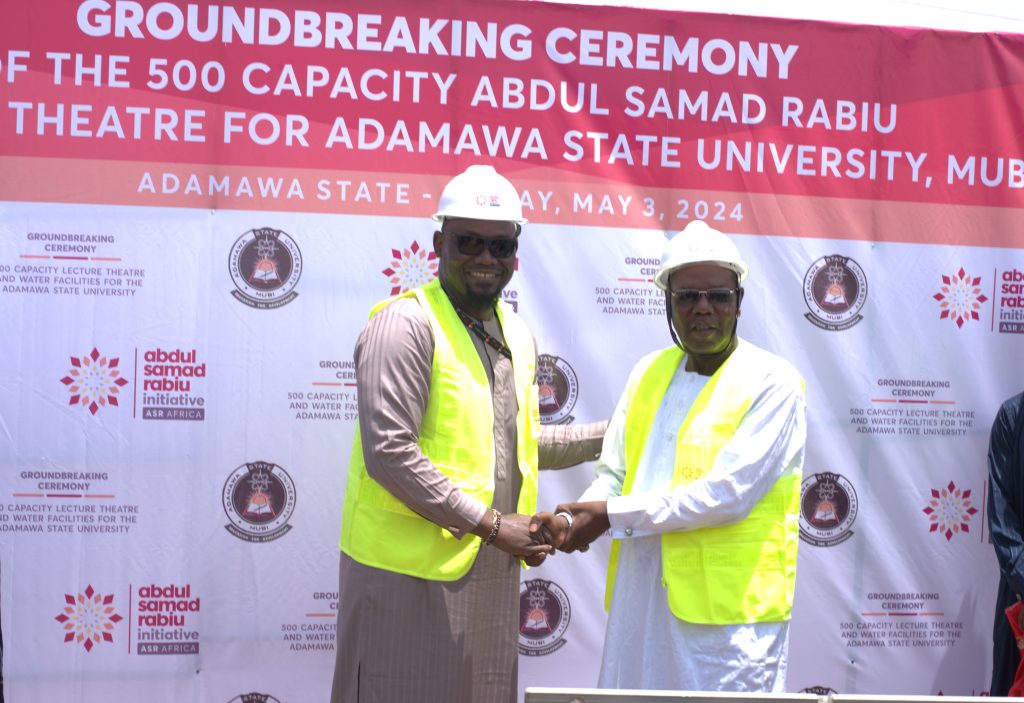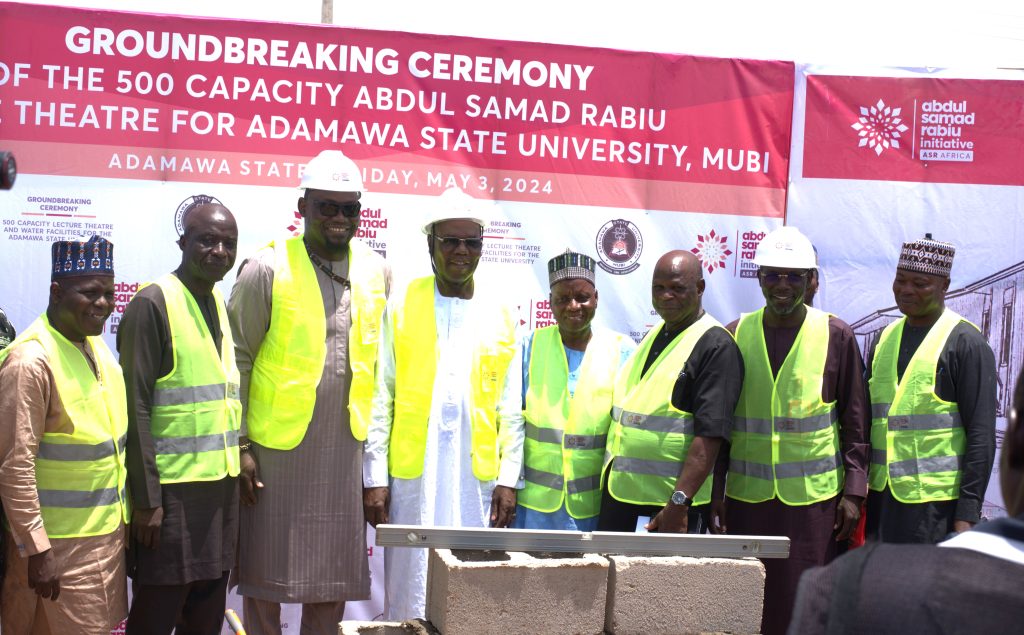President Muhammadu Buhari got yesterday from United States President Donald Trump some commendation and a challenge – to stop killings in some parts of the country.
The killings are generally seen to have been sparked by herdsmen-farmers clashes, but they are now believed to be terrorism-related.
Buhari said he would work to end the killings. Trump said his administration was committed to fighting terrorism and human trafficking.
Buhari is the first leader from sub-Saharan Africa to be received by the U.S. President nearly 15 months into his term.
The discussions between the two leaders centered on security challenges, including the nearly decade-long Boko Haram insurgency, trade and investment, procurement of military hardware and corruption.
The leaders however side stepped the alleged description of some African nations as “shithole countries.”
Trump said: “Nigeria has a reputation for very massive corruption. I also know that the President (Buhari) has been able to cut that down very substantially. We talked about that, he is working on it and they have made a lot of progress and I think they will continue to make a lot of progress.”
Trump added that this cut down on corruption in Nigeria will attract investors from the U.S. to Nigeria.
“We have a lot of people in this country that invest in Nigeria, so cutting down on that corruption element…is very important to us and the President (Buhari) will be able to do that,” he added.
He also recognised Nigeria’s effort in its fight against terrorism and promised to support the country in that regard.
“Nigeria is one of the first African nations to join the coalition to defeat ISIS and Nigerian forces are currently leading regional efforts to defeat ISIS in West Africa and doing very well. Nigeria is also leading Africa in the fight against Boko Haram.”
Trump also said the U.S. “would be investing substantially in Nigeria” if Nigeria could implement a “level-playing field that we asked for”.
The U.S. president also commended Buhari for the role he played in securing the release of the kidnapped Dapchi schoolgirls.
President Buhari promised to secure the release of the remaining Dapchi and Chibok girls from Boko Haram’s custody. He also said he would work to end the killings in the north-central states.
Speaking on the abduction of the Chibok schoolgirls, Trump said he was moved by inspiring stories of courage and resilience of two rescued girls he met personally. He said his administration was committed to combatting the impacts of terrorists and human trafficking.
“Here and all over the world, it’s a hotbed and we’re going to be stopping that,” said Mr. Trump. The president specifically cited persecution of Christians in the region as an area of concern.
“We’ve had very serious problems with Christians who are murdered, killed in Nigeria,” said Mr. Trump. He said we “can’t allow that to happen” but added that the two were working on the problem “very, very hard.”
“We have very much decimated ISIS,” said Mr. Trump. “But Boko Haram has been terrible,” he added.
We’re deeply concerned by religious violence in Nigeria, including the burning of churches and the killing and persecution of Christians. It’s a horrible story. We encourage Nigeria and the federal, state and local leaders to do everything in their power to immediately secure the affected communities and to protect innocent civilians of all faiths, including Muslims and including Christians.”
Buhari said: “It’s going to take time and the action by United States in trying to see the end of ISIS has helped us a lot.”
Buhari called the invitation to the White House a great honor, adding that he was grateful to the U.S. for agreeing to supply fighter jets to Nigeria. Trump said the two were working on a “big trade deal” for military equipment.
Trump urged Congress to close the “deadly immigration loopholes exploited by terrorists, traffickers and criminals”, citing the current US.-Mexico border as an example of “weak” border laws.
He called immigration laws in the U.S. “obsolete” and “pathetic”, saying “no country in the world has laws like we do”.
“They got to change and they got to change now for the safety of our country.”
The White House had hoped yesterday’s meeting would help shift those perceptions, at least slightly. The two leaders held talks in the Oval Office before moving to a working lunch and the joint news conference.
“We have many things that we do together, as you know, especially on terrorism, terrorism-related,” Trump said in the Oval Office before the meeting began. “It’s a hotbed, and we’re going to be stopping that.”
“We think that we are owed that,” Trump said.
Trump touted the recent sale of military aircraft to Nigeria meant to aid its bid to counter extremists, a move previous administrations refused, citing human rights concerns.
“Part of the problem is you weren’t allowed to buy helicopters in our country and now you are. I worked that out.
”They weren’t allowed to buy the helicopters in our country for various reasons. They weren’t good reasons. We make the best military equipment in the world. And our friends can now buy that equipment.”
On the shithoe countries’ comment, Trump said: ”You do have some countries that are in very bad shape and very tough places to live in.” “We didn’t discuss it, because the President knows me, and he knows where I’m coming from and I appreciate that.”
President Buhari said: ”I’m very careful with what the press says about [people] other than myself. I’m not sure about the validity or whether that allegation against the president was true or not, the best thing for me is to keep quiet.”
President Trump described Nigeria as an “amazing country.” that he would like to visit
“Well, I would like very much to visit Nigeria. It is an amazing country. In certain ways, I hear from the standpoint of the beauty of a country — there’s no country more beautiful,” he said.
While fielding questions, Buhari said further on security, “Thank you Mr. President for inviting me. It’s a great honour, I am very greateful for it. Certainly, security is the main issue, we are very grateful to the United States for agreeing to give us the aircraft we asked and the spare parts.
‘We are even more grateful for the physical presence of the United States military instructors that go into our institutions and train them, and go to the front in the North East to see how they are performing as a result of the training given to them.
‘The commitment of the United States to get rid of terrorism across the world, we have had first-hand experience of that and we are very grateful for it. The problem of the cattle rearers and herders in Nigeria is a very long historical thing.
“The Nigeria herdsmen never carried anything more than a stick and occasionally a machete to cut down foliage and give it to their animals. These ones are carrying AK 47 so I don’t think people should underrate what happened in Libya. 43 years of Gadaffi, people were recruited from the Sahel, they were taught nothing other than shoot and kill.
“With the demise of Gadaffi, they moved to their countries and their regions and they carried away with them, the only experience they have and training —using weapons. And that is what is aggravating the situation.
“We are doing our best to ensure that we stop cross border and so on and to get the proliferation of small arms weapons in the region checked. But it is going to take time, and the action by the United States in trying to see the end of ISIS has help us a lot because Boko Haram in Nigeria at one time made a statement that they were loyal to ISIS.
“And now that ISIS has virtually gone with the help of the United States, we are very grateful for that and we are sure that we are stabilising the situation of security in Nigeria.” he said.
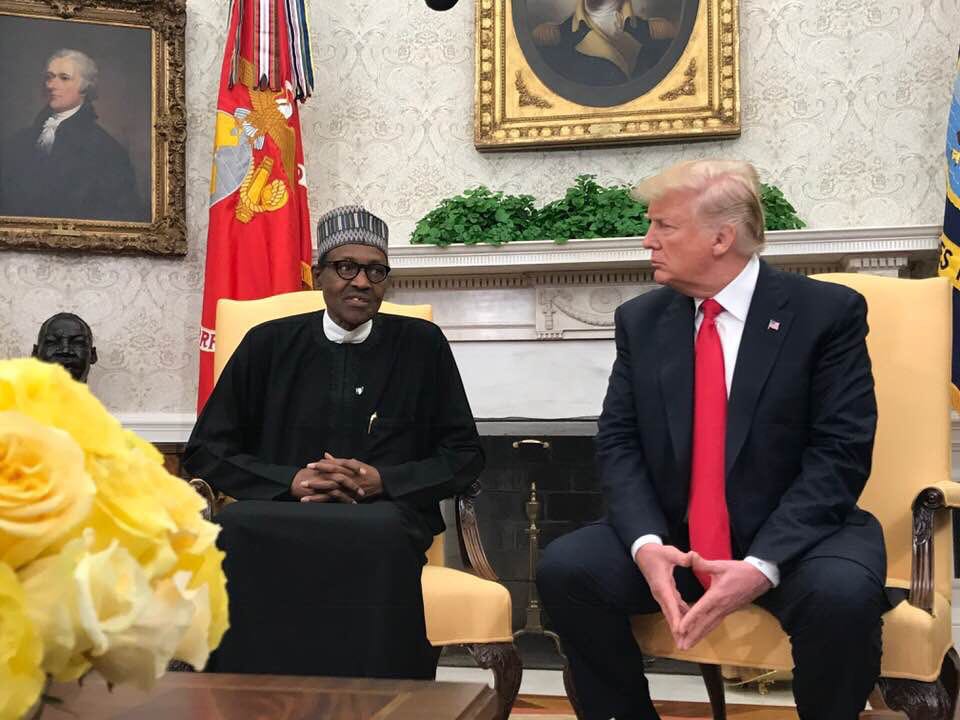

 News5 years ago
News5 years ago
 News5 years ago
News5 years ago
 News5 years ago
News5 years ago
 News5 years ago
News5 years ago
 Politics5 years ago
Politics5 years ago
 Politics5 years ago
Politics5 years ago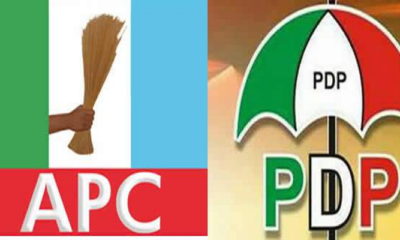
 Politics5 years ago
Politics5 years ago





